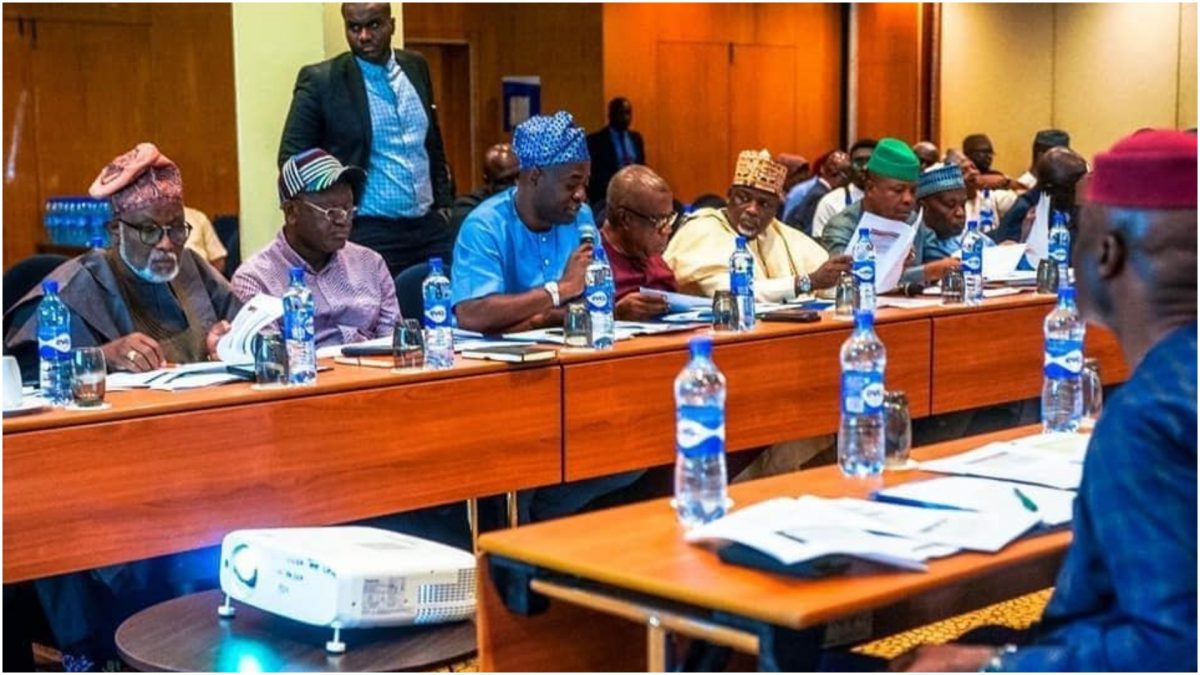LAGOS, Nigeria — The Socio-Economic Rights and Accountability Project, SERAP, a Nigerian advocacy group, has issued an open letter to the governors of the country’s 36 states, demanding transparency in the spending of a N2 billion federal palliative fund.
Each state recently received this portion from a N5 billion relief package intended to mitigate the impacts of fuel subsidy removal.
Signed by SERAP Deputy Director Kolawole Oluwadare and dated September 9, 2023, the letter insists on full disclosure of how the funds are spent, including the identification of beneficiaries and specific relief measures.
“It is in the public interest to publish the details on spending of the N2 billion palliative and any subsequent disbursement of funds to your government,” Oluwadare wrote in the letter.
According to SERAP, this level of transparency and accountability is vital for reducing the risk of corruption, mismanagement, or opportunistic use of the funds.
The organization argues that the public has a “legally enforceable human right” to this information, citing the Nigerian Constitution, the Freedom of Information Act, and international human rights laws.
“We would be grateful if the recommended measures are taken within seven days of the receipt and/or publication of this letter,” the letter states, adding that failure to comply would prompt SERAP to “take all appropriate legal actions” to enforce their request.
SERAP also calls for the involvement of anti-corruption agencies, including the Economic and Financial Crimes Commission, EFCC, and the Independent Corrupt Practices and Other Related Offences Commission, ICPC, to track and monitor the spending.
“The oversight afforded by public access to the details of the spending of the N2 billion palliative would serve as an important check on the activities of your state and help to prevent abuses of the public trust,” Oluwadare further stated in the letter.
The organization expressed concern that the removal of fuel subsidies is disproportionately affecting poor and vulnerable Nigerians, undermining their right to an adequate standard of living.
The letter has reignited debates about fiscal responsibility and transparency, particularly concerning how federal funds are being utilized at the state level.
With increased scrutiny on the governors, the public eagerly awaits their response to SERAP’s urgent call for accountability.







